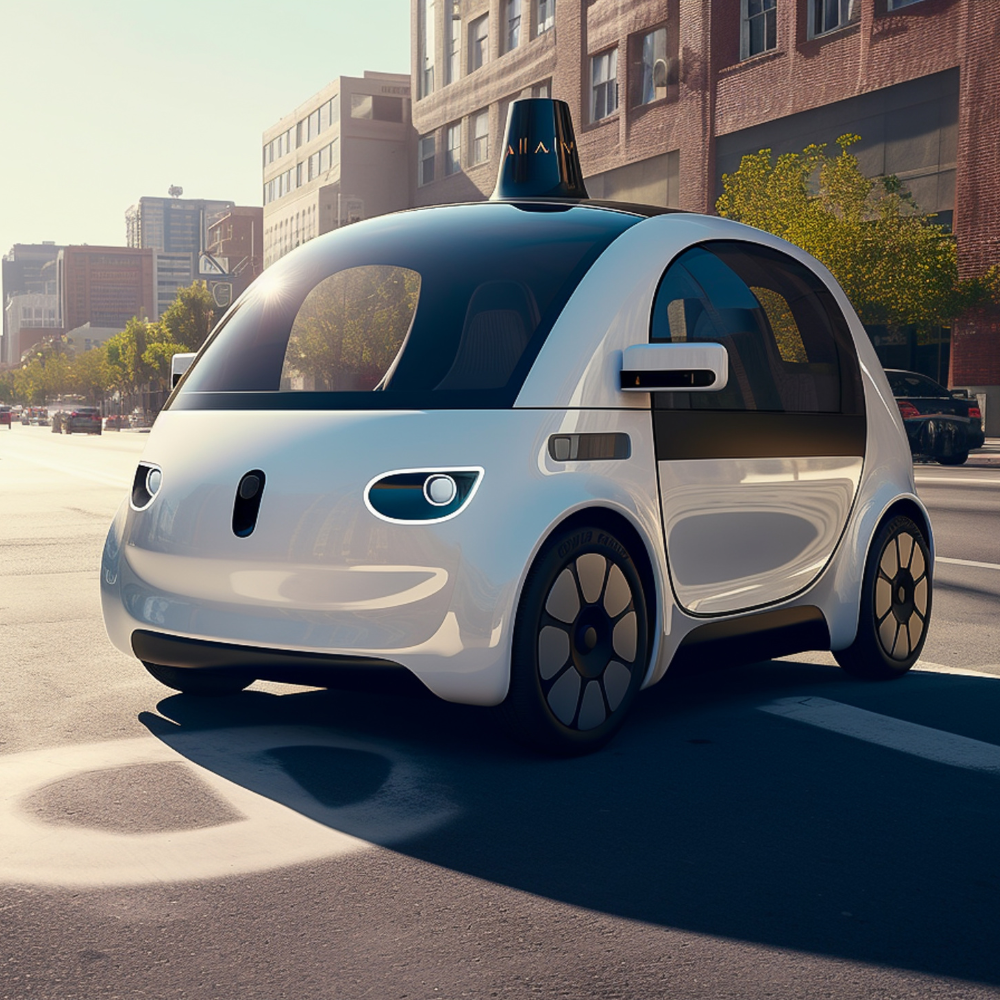Hong Kong’s robo-race heats up as Pony.ai joins Baidu in taxi trials
The race to launch robotaxis in Hong Kong intensifies as China’s Pony.ai sets its sights on the bustling city, joining domestic rival Baidu in the competition. This move signifies Pony.ai’s global expansion plans, aiming to replicate its success in mainland China on international soil.
Pony.ai, headquartered in Guangzhou, holds robotaxi licenses in major Chinese cities like Beijing, Shanghai, and Shenzhen. Now, they seek to establish a foothold in Hong Kong, initially targeting airport staff at the Hong Kong International Airport. This targeted rollout offers a controlled environment for testing and gathering data before expanding services to the wider urban area.
The company’s entry into Hong Kong comes on the heels of Baidu’s recent win. In November 2024, Baidu secured approval from the Hong Kong government to conduct autonomous vehicle trials in the North Lantau area. This signifies a critical step in Baidu’s development and paves the way for potential future robotaxi operations.
Both Pony.ai and Baidu’s interest in Hong Kong stems from the city’s well-developed infrastructure and its openness to technological advancements. Hong Kong’s compact and densely populated urban landscape presents a unique challenge for autonomous vehicles, but it also offers a valuable testing ground for these cutting-edge technologies.
With two major players entering the scene, a competitive environment for robotaxi services is expected to emerge in Hong Kong. This competition could benefit both companies as they strive to refine their technology and cater to the specific needs of Hong Kong’s transportation system. Ultimately, it could lead to faster innovation and the development of safer, more reliable robotaxi services.
However, there are still hurdles to overcome. Public perception and concerns surrounding safety remain key issues. Both Pony.ai and Baidu will need to demonstrate a strong safety record and transparent development process to gain public trust. Additionally, regulations specific to robotaxis need to be established to ensure safe and ethical operation within the city.
Looking beyond Hong Kong, Pony.ai isn’t stopping there. The company is actively exploring opportunities in South Korea, Luxembourg, and the Middle East, demonstrating its ambition to become a global leader in the autonomous driving industry.
The race for robotaxi dominance in Hong Kong has just begun. With both Pony.ai and Baidu entering the fray, the city is poised to become a key battleground in the development of this transformative technology. Whether it leads to a faster and more convenient transportation system for Hong Kong residents remains to be seen, but one thing is certain: the future of urban mobility in Hong Kong promises to be exciting and closely watched.









